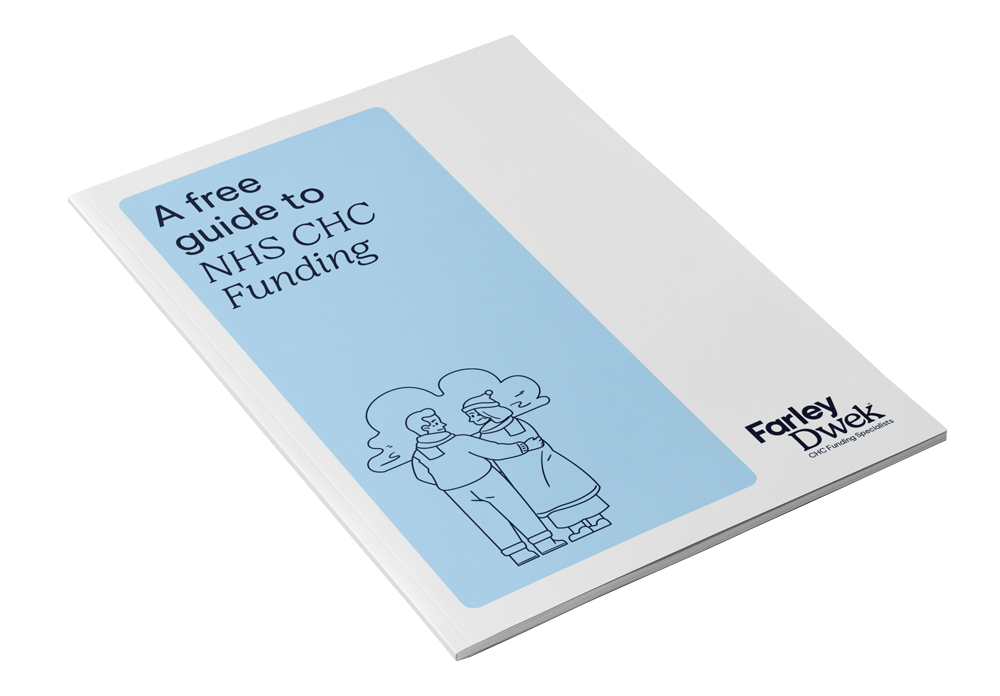Top-Up Fees
Reclaim unlawful top-ups
If you have been “topping-up” a Continuing Healthcare package, you may be entitled to repayment.
CHC funding must cover the full cost of the care package, yet families are often asked to pay additional fees on top. Farley Dwek Solicitors act for families seeking repayment of “top-up” fees, unlawfully charged by care providers.
NHS Continuing Healthcare is Fully Funded
When an individual has been found eligible for CHC funding, the NHS must meet the cost of all their health and social care needs, including accommodation. A care home – or agency – is not lawfully permitted to charge any additional fees.
However, as NHS budgets become ever more stretched, ICBs will often limit the amount they pay for a package of care, leaving the care provider with a shortfall which they then try to pass on to the family. This is not permitted.
The National Framework for NHS Continuing Healthcare and NHS-funded Nursing Care states:
“NHS care is free at the point of delivery. The funding provided by the ICBs in NHS Continuing Healthcare packages should be sufficient to meet the needs identified in the care plan. Therefore it is not permissible for individuals to be asked to make any payments towards meeting their assessed needs.”
If the NHS is not paying the care provider enough to cover its costs, that is a matter for the care provider, not the person needing care.
If your relative has been charged to top-up a CHC package, we may be able to help reclaim unlawfully paid fees.




